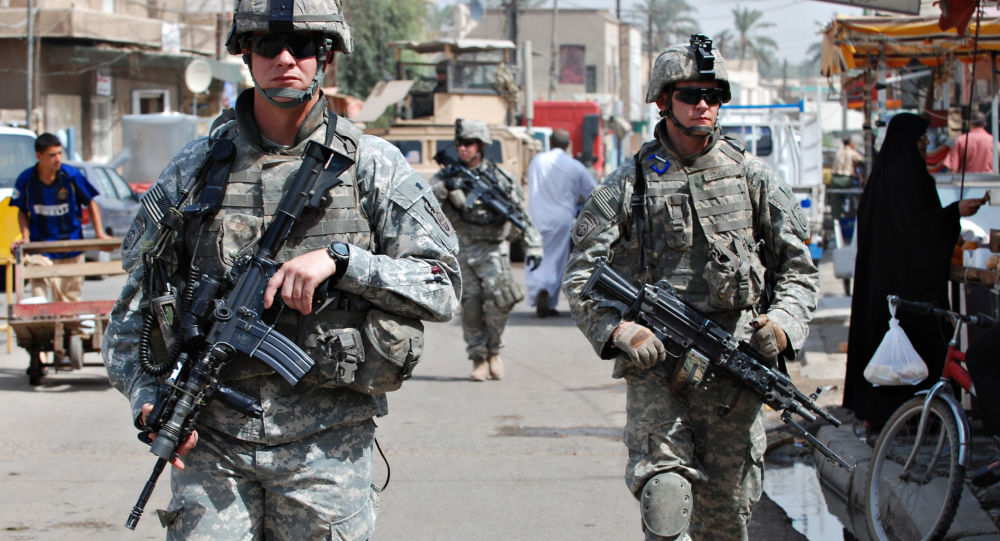Siamak Kakai, speaking in an interview with the website of the Strategic Council on Foreign Relations noted: Discussions about the continued presence of US forces in Iraq are intensifying under the condition that the new round of security and strategic talks between the United States and Iraq were held recently, which is one of the most important discussions to determine the timing for American troops to leave Iraq.
Kakai, commenting on the domestic reasons for the decision that was recently announced by the Chief of Staff Kenneth McKenzie that there was currently no plan to begin withdrawal of 2,500 US troops from Iraq said: According to US officials, their presence in Iraq is in line with the fight against the ISIS, and some in Washington believe that the ISIS movement is still standing and poses a threat to Iraq’s security.
But according to the expert, the Baghdad government was looking for a timetable.
Saying that in view of the experts there are other reasons that are effective in the decision of the Americans for the presence of their forces in Iraq, Kakai continued: One of those reasons is the situation in Syria and Iraq. Especially since there are still US forces in Syria and prospects for the developments in Syria and the role that the US wants to play in that country, as well as the prospects for the political and social developments in Iraq, are not very clear for the Americans.
Stressing that insecurity still exists in Iraq and that it has recently intensified in some cities, Kakai said: But in addition to the insecurity, Iraqi political issues are more important to the United States.
He added: Especially that in the next few months, early parliamentary elections will be held in Iraq, which reflects the fact that the United States has its special view on the Iraqi parliamentary elections and is therefore trying to ensure that any current which succeeds in this election at least will not have too much sensitivity about the American presence in Iraq.
Referring to the Iraqi parliament’s approval two years ago to withdraw US troops from the country, he said: This resolution is the basis for groups that oppose the presence of American forces in Iraq.
Kakai, referring to the new security and political implications of the US military presence in Iraq said: Recently, the Americans have been looking at the presence of their forces in Iraqi Kurdistan, and in Iraq, some movements and groups that oppose the continued presence of the Americans have warned about this. On the other hand, given the upcoming parliamentary elections, the issue of the American presence in Iraq could become a pretext for anti-American propaganda by critical groups that will influence the overall political and social process in Iraq.
Kakai also believes that the US bluntness in announcing the non-withdrawal of its troops from Iraq will also damage the position of Prime Minister Mustafa al-Kadhimi, who has previously spoken about the withdrawal of troops, and will challenge the Iraqi political situation.
He continued: In any case, al-Kadhimi has made plans for the upcoming elections and the upsetting of the situation will be to his detriment.
The expert on Iraq affairs noted: The continued presence of the Americans in Iraq is also debatable from the point of view of the opposition in that it affects the national sovereignty of the country and at the same time may exacerbate instability, because in Iraq most groups and individuals are against presence of the American forces in their country.
He concluded by saying: In the regional arena, continued US military presence in Iraq, Syria and the Persian Gulf states in general will have regional implications and lead to instability in the region, because the United States wants to pursue its extravagant targets by being present in those areas.










0 Comments